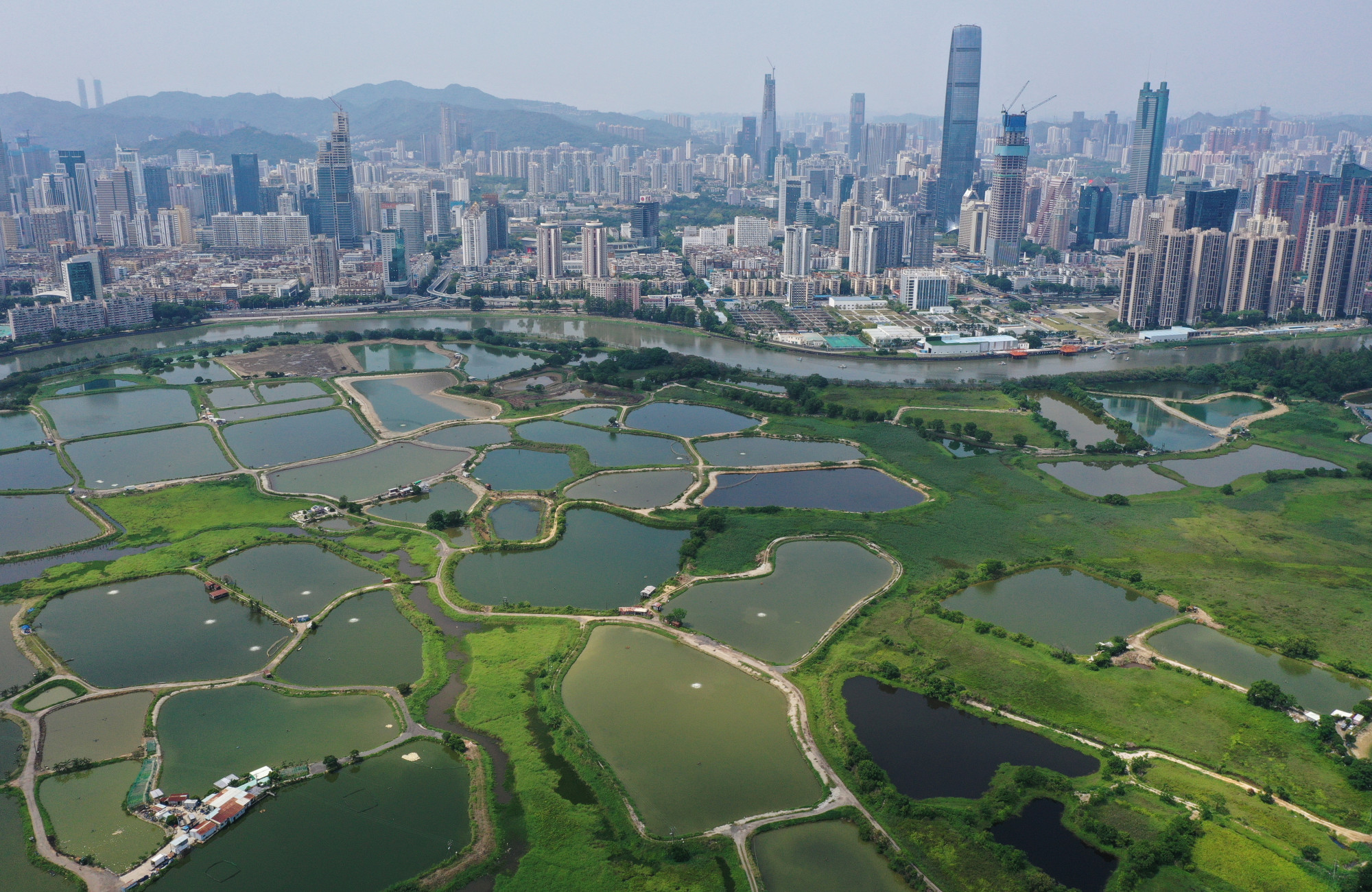Economist Stephen Roach says Hong Kong reply to speech shows ‘worrisome sense of denial’
Political scientist Lau Siu-kai said the government’s statement was not only addressing Roach, but any Western commentators who saw the city with “prejudice and narrow-mindedness”, ignored its potential or assumed it would not survive without the United States.
At 11.59pm on Wednesday, the government published a 1,542-word statement to dispute an unnamed individuals’ latest assessment on the city with a string of statistics, which the Post learned was aimed at countering Roach’s speech at the Foreign Correspondents’ Club in Central earlier in the day.
The statement cited the city’s economic and financial achievements, as well as the government’s belief in the massive potential offered by the Greater Bay Area.
Roach had argued during his talk that Hong Kong’s economy would struggle to recover on its own without a rebound of the mainland Chinese economy, which he predicted would underperform for the foreseeable future.
“To argue otherwise, as the government’s latest statement appears to do, smacks of a worrisome sense of denial,” he said after returning to the US.
“I would welcome the government’s response to my core arguments rather than counter their seemingly desperate attempts to throw up a smokescreen and deflect attention elsewhere.”
He also said in his speech that it was important for the financial hub to continue to allow for constructive criticism.
The government’s statement laid out the latest statistics for the city’s economy, stock market, and the new pool of talent and companies setting up offices locally.
It also referred to the administration’s commitment to the “one country, two systems” governing principle, freedom of speech and the city’s safety with the national security law.
“The latest statement of the Hong Kong government is descriptive, not analytical. I pose a problem in my analytical work on Hong Kong – the government responds with descriptive spin,” he said.
“Solutions come from solving tough problems, not from PR statements.”
He said his assessment on Hong Kong was based on data and analysis.
During his speech, Roach noted the premise of his argument was based on the close connections between the economies of Hong Kong and the mainland economies following greater cross-border integration through flows of trade and finance, as well as tourism.
“The Hong Kong economy has effectively been swallowed up by the mainland economy – hook, line and sinker. With the Chinese economy likely to underperform over the foreseeable future,” he said.
He concluded that Hong Kong was unlikely to “spring back to life on its own”.

Roach cited the growth in the Chinese economy of an average 6.3 per cent between 2012 to 2023, a 3.7 percentage points reduction from the 10 per cent growth in the preceding 32 years to 2011.
Hong Kong’s economy followed a similar trend, with growth tapering off by 3.7 percentage points from an average 5.1 per cent increase from 1980 to 2011 to an average 1.4 per cent rise between 2012 and 2023.
“This is an analytical argument, supported by fact-based empirical evidence,” he told the Post.
“The Hong Kong government’s inability or unwillingness to appreciate this important distinction – analytical vs descriptive – is worrisome, to say the least.”
Political scientist Lau, a consultant with the semi-official Chinese Association of Hong Kong and Macau Studies think tank, said Roach underestimated the development potential and opportunities Hong Kong had gained in the process of greater integration.
“Hong Kong cannot change the attitude of the US and the West towards China and Hong Kong, and Hong Kong cannot bow to them. Instead, Hong Kong must integrate into the overall development of the country and open up new and greater development space in the non-Western world,” Lau said.
He pointed out the city had never intended to weaken its financial and economic and trade relations with the US and the West, but relations would inevitably be damaged through hostility.
Lau said he believed the US and the West were in a weak economic situation, and the market and development opportunities they could provide the city would only decrease.